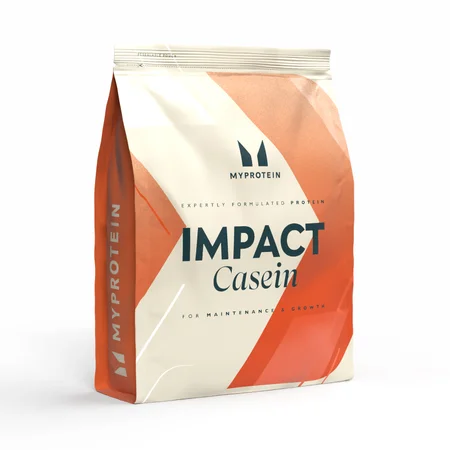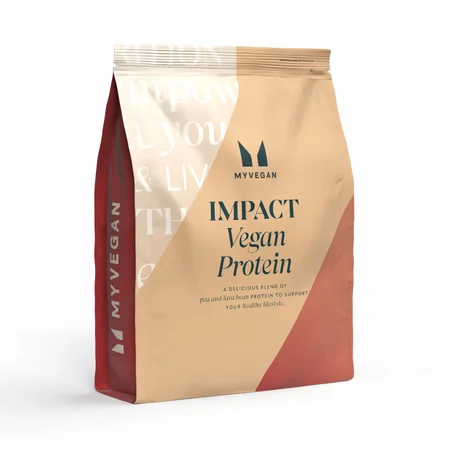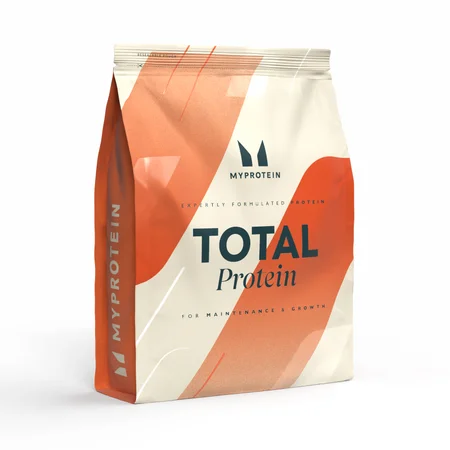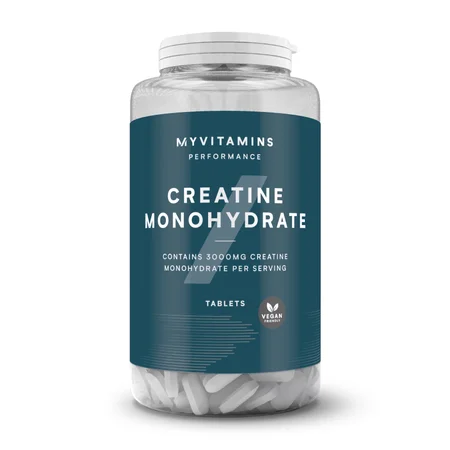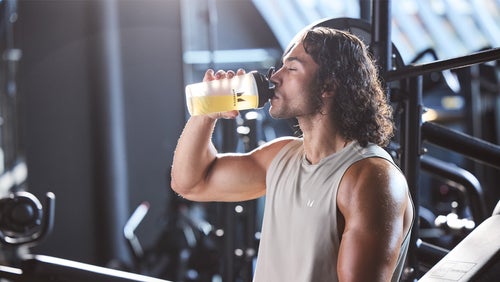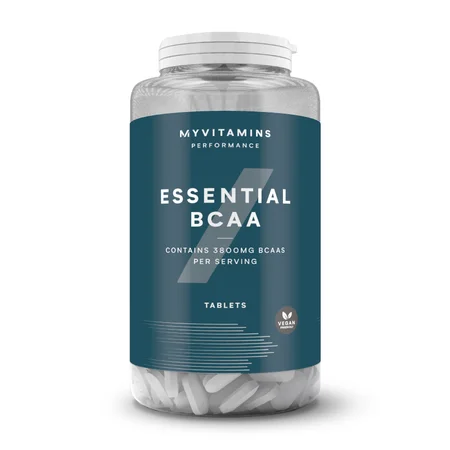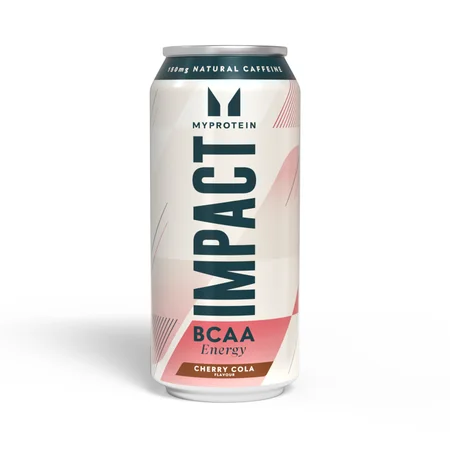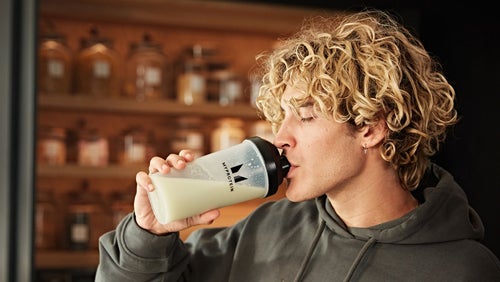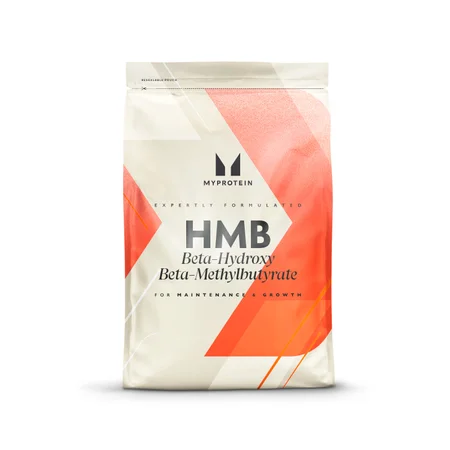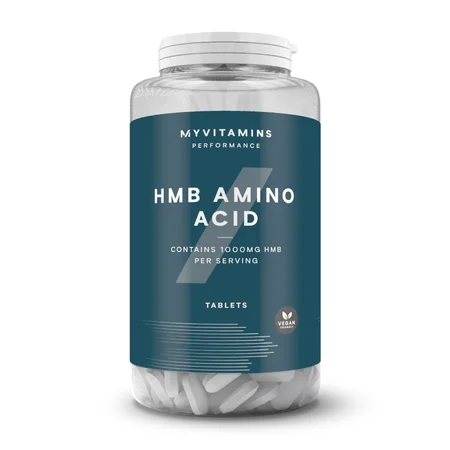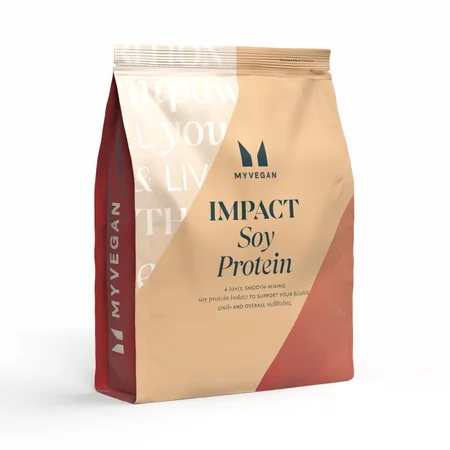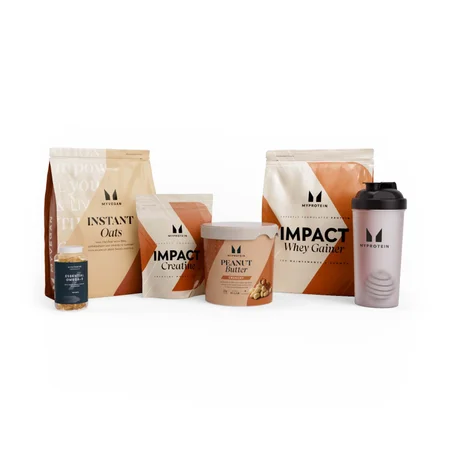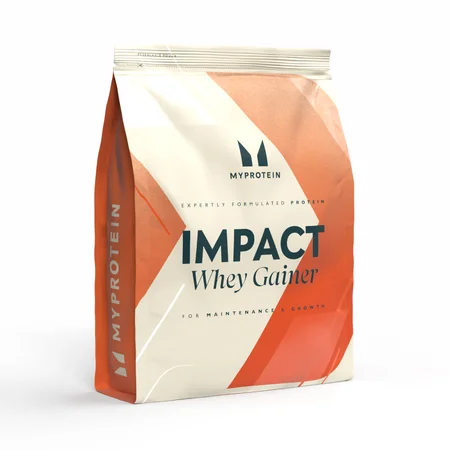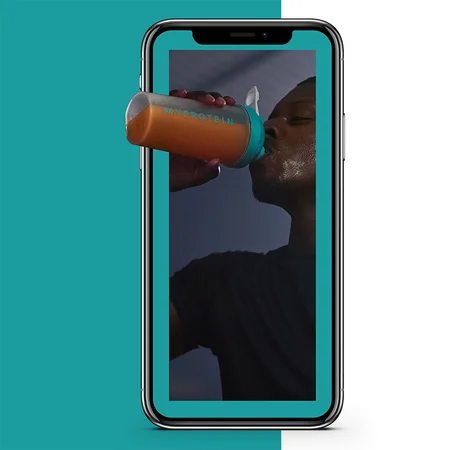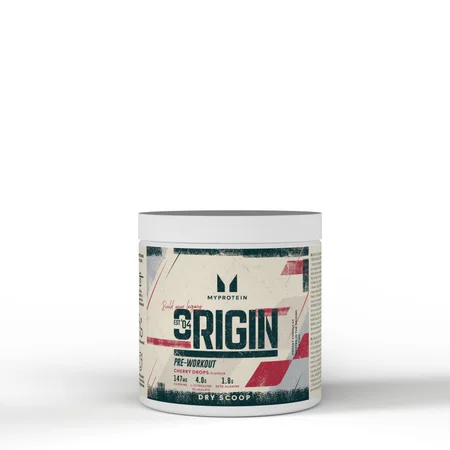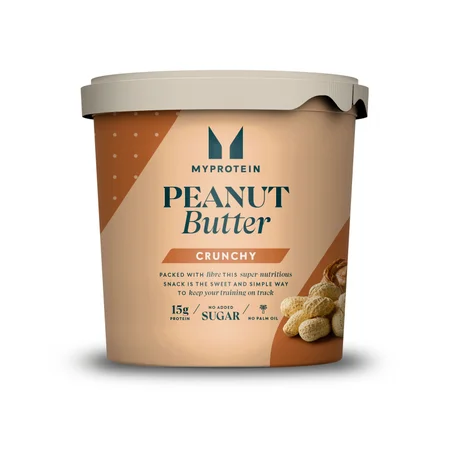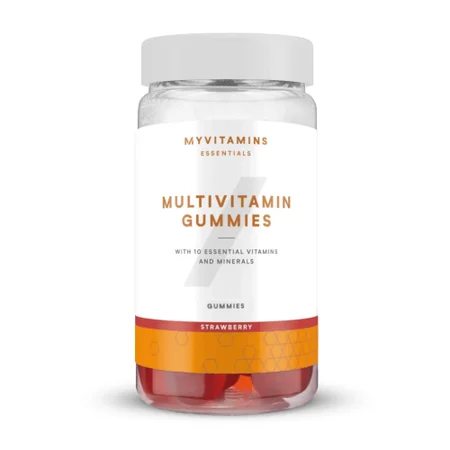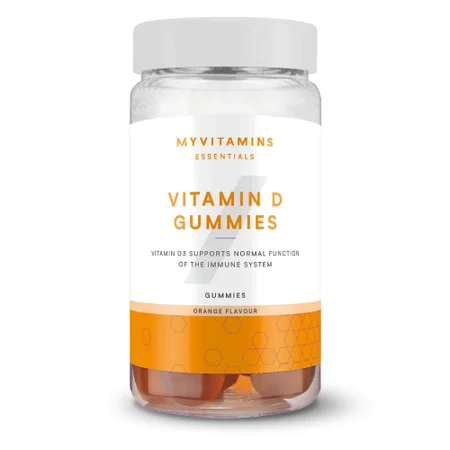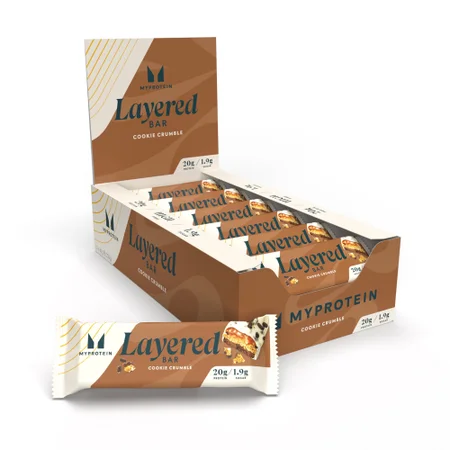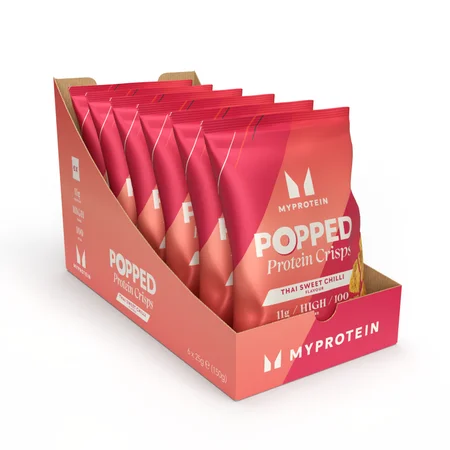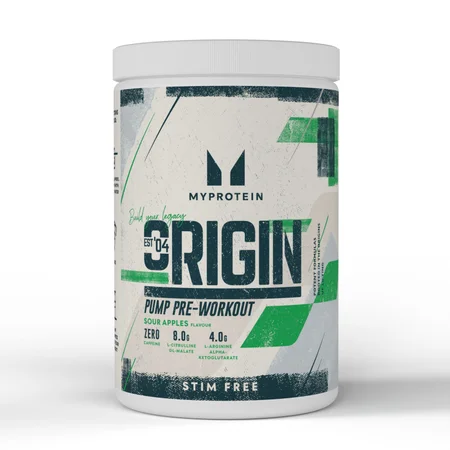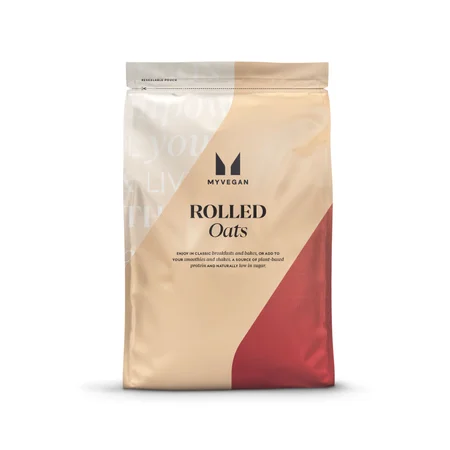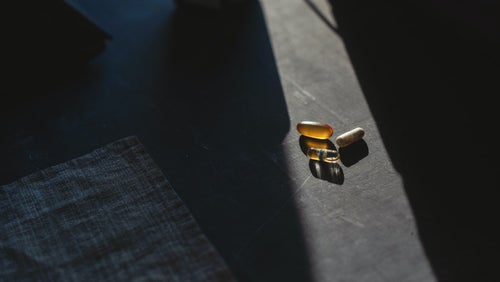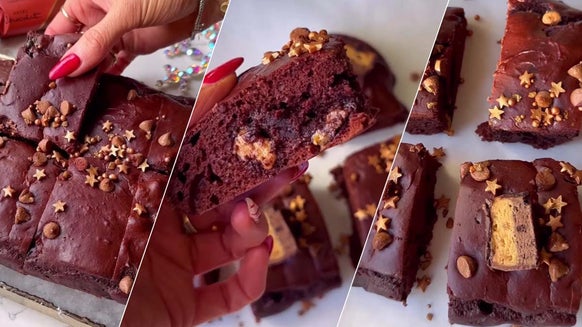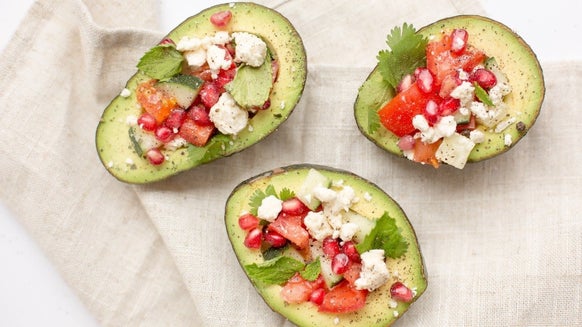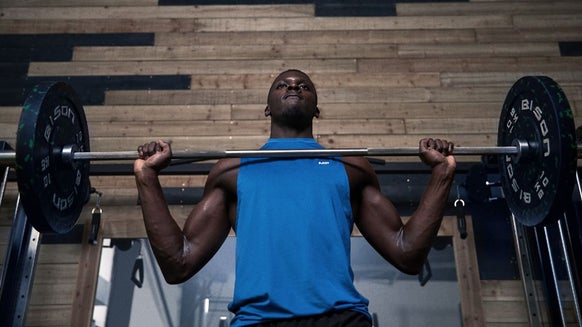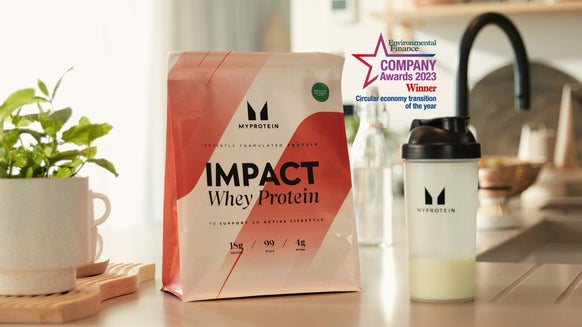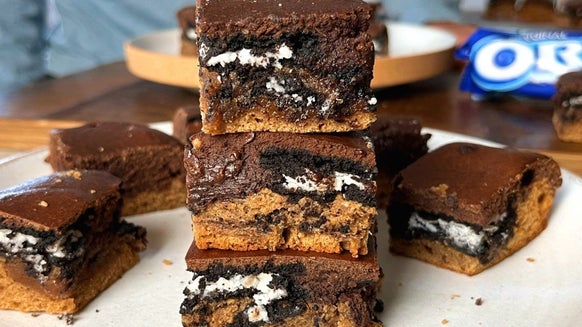The 8 Best Supplements For Muscle Gain
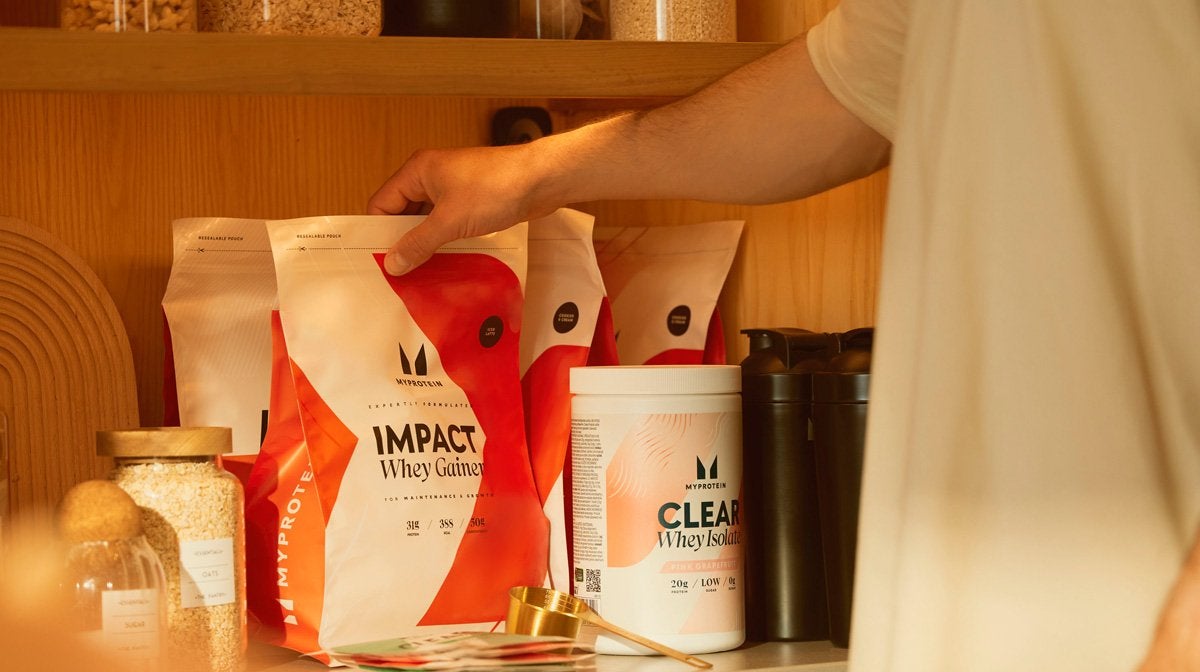

Building muscle can often be hard. Everyone knows somebody who just has to look at the squat rack to pack on the muscle, but for those not as genetically gifted, getting your muscle building supplement strategy right can really help.
If you want to make the most of your training sessions, then knowing how your body builds muscle, and which performance-enhancing supplements can support your specific goals is incredibly valuable. Our list of the 8 best supplements for muscle gain, below, will help you to select the perfect choice for you.
- Best supplements for muscle gain
- How do you build muscle?
- Should I just eat protein to build muscle?
- 24-hour muscle-building supplement guide

Best Supplements for Muscle Gain
1. Whey Protein
Whey protein has a particularly fast digestion rate, which means the amino acids contained in a whey protein powder will be available to build muscle shortly after you’ve consumed it.10 When you consume a protein source, the protein is digested and the amino acids enter the bloodstream. The faster the protein is digested, the faster the amino acids are available for use to build new muscle.10
Whey also has a high leucine content, which is needed to switch on your body’s muscle protein synthesis processes (your body’s ability to use protein for muscle growth).11
Due to its fast digestion rate and amino acid content, having a whey protein shake following resistance training further enhances the effect on muscle growth in comparison to following up training without whey protein powder.12Whey is considered the best protein for muscle gain thanks to its amino acid profile and fast absorption rate.
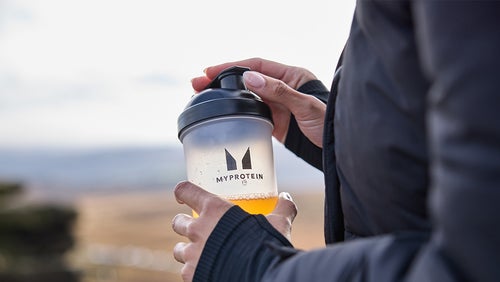
Myprotein's Best Whey Protein Flavours According To You
If you’ve ever found yourself in a protein-picking dilemma, a good place to start is what’s the most popular.
2. Casein Protein
Casein is a protein found in milk and other dairy products. Due to its slow digestion rate, it’s been shown to prolong increased muscle protein synthesis (MPS) compared to whey protein.10
It’s also been shown to reduce muscle protein breakdown, which is when muscle protein is broken down and used for energy.13 This is important as it’ll help your body to preserve the positive muscle protein turnover required for muscle gain.
Because of all this, casein has been touted as the best protein to have pre-bedtime, as it’ll maintain increased protein synthesis even whilst you sleep.14 Sleep is the best natural recovery for our bodies, so adding casein into the mix makes it all the more beneficial.
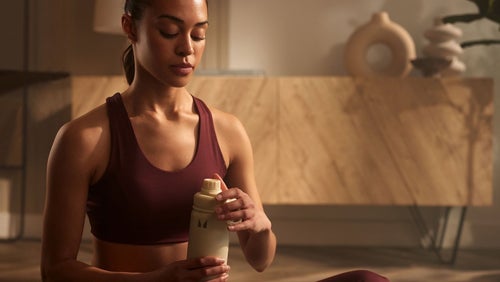
Casein Vs. Whey Protein | What's The Difference?
Whey? Casein? Both? Which should you choose?
3. Protein Blends
Protein blends are shakes which contain both whey and casein and aim to give you the best of both worlds. Whey protein will provide the initial high spike in muscle protein synthesis and the casein will help to prolong this increased rate of synthesis.15
In a study that looked at 10 weeks of resistance training, those who used a protein blend of casein and whey built more muscle than those only using whey protein.16
While whey and casein have impressive amino acid profiles, you can also get all of the necessary amino acids using a vegan protein blend. While individual vegan proteins might not have all of the essential amino acids, using a vegan protein blend can be just as effective at providing all of necessary amino acids for muscle gain.
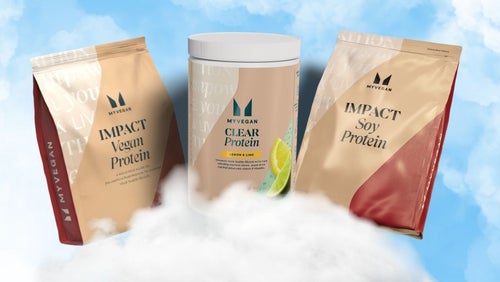
Myprotein's Best Vegan Protein Flavours, Ranked By You
There's more than one way to get ve-gains...
4. Creatine
Creatine is considered one of the best supplements for muscle gain, and for good reason.1 The evidence suggests that creatine supplementation can help you gain nearly twice as much muscle mass than if you didn’t use it.17
The exact mechanisms for the increase in muscle mass are unclear when using creatine, however, it’s speculated that these gains may be due to an increased capacity to perform a larger amount of high-quality training.17
Creatine works by making ATP (energy) readily available for muscle contraction. When there is more ATP available, your muscles can perform at a high level by increasing the number of reps and power during anaerobic exercise (like lifting or HIIT training).
5. BCAAs
BCAAs, also known as branch-chained amino acids, contain leucine, which acts as a ‘trigger’ to enhance muscle protein synthesis rates.11 Using BCAAs can be preferred to other protein sources when you’re in a caloric deficit, as they are typically low in sugar, carbs, and fat, but just provide the most important protein building blocks for your muscles. BCAAs are one of the best supplements for cutting.
BCAAs have also been shown to ‘rescue’ a meal low in protein and provide a similar increase in muscle protein synthesis rates if taken alongside a meal low in protein.18 This makes BCAAs a great option for those looking to gain muscle whilst following a vegetarian or vegan diet.
6. HMB
HMB, also known as beta-hydroxy-beta-methylbutyrate, is naturally produced in the body following leucine consumption. Supplementing HMB alongside resistance training has been shown to increase muscle between 0.5kg and 1kg during 3-6 weeks of training.2
The current consensus is that HMB speeds up the muscle regeneration process following high-intensity and long-duration training and, like casein, helps to reduce muscle protein breakdown.2
The effects appear to be more pronounced in those with less training experience. This is due to it taking less training to damage the muscle tissue in a way that will be noticeable with HMB supplementation.2
The most optimal way to take HMB would be a dosage of 1.5-3g daily.2
7. Soy & Other Plant-Based Proteins
Soy is one of the most common protein sources for those who avoid eating animal products (vegetarians and vegans), and it makes a tasty protein powder.
Soybeans have a very high level of protein and Soy Protein Isolate is low in fat and sugar, giving a healthy dose of protein for vegetarian and vegan athletes. With 27 grams of protein per serving, it competes with the high protein content of many whey supplements for only 116 calories.
Other plant-based protein powders include brown rice, pea, hemp, and fava bean varieties. Plant based protein blends, like Impact Vegan Protein, take the power of several plant-based proteins and combine them to provide all the body’s essential amino acids in one powder.

Vegan Protein Powder | Best Vegan Alternatives To Whey Protein
Nutritionist unpacks your options.
Choosing a blend is a great way to make sure you’re giving your muscles the proper building blocks (and amino acids) that are proven to build muscle, while still sticking to your plant-based diet plan. One serving of Impact Vegan Protein provides 22 grams of protein at 110 calories and an affordable price.
8. Impact Whey Gainer
It’s pretty well known by now that the easiest way to gain weight, build strength, or increase size is to be in a calorie surplus – or eating more calories than you burn during the day. And for optimal muscle building, these additional calories should come from quality protein sources. And believe me, it’s not as easy as it sounds, unless you snack on chicken breasts.
Luckily for you, this is where the Impact Whey Gainer comes in. Loaded up with 387kcal, 50g of carbs and 31g of protein to support you on your mission to build muscle.
How do you build muscle?
In order to build muscle, you need to be in a positive protein balance, and that’s where protein powder can help. In your body, there’s a continuous muscle protein turnover, with periods of increased muscle protein synthesis (where muscle is built) and periods of muscle protein breakdown (where muscle is broken down for energy).
If your total muscle protein synthesis exceeds muscle protein breakdown, then you’ll gain muscle mass. On the flip side, if MPB exceeds MPS, the overall result will be a loss of muscle.
You can easily increase your MPS rates if you have a high-protein diet, or perform resistance training, with a combination of both being the most effective.1
Should I just eat protein for building muscle?
Whilst protein can assist muscle growth, there are other supplements and nutrients, which can also aid this process. Macronutrients are especially important.
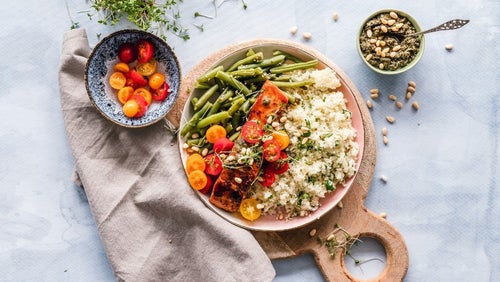
Macro Calculator | How To Calculate Your Macros For Flexible Dieting & IIFYM
Use our calculator to work out your macros.
Protein
Eating a protein source that’s rich in amino acids will increase your body’s rate of muscle protein synthesis both at rest and after exercise.1
The evidence shows that, when combined with resistance training, a daily intake of 1.4g of protein per kilogram of bodyweight per day to 1.8g/kg/d will be enough to build muscle.2
If you’re looking to lose body fat and build muscle, then that intake may need to be increased. Recent studies have shown that you can still build muscle even in a negative energy balance, providing your protein intake is high enough.3
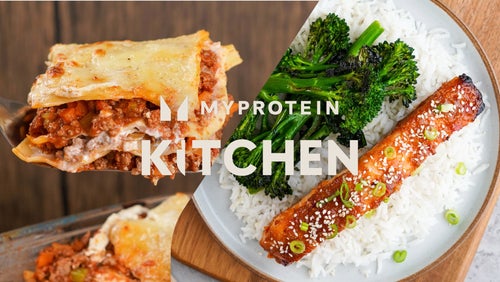
57 Meal Prep Recipes For Muscle Building & Fat Loss
Your next favourite prep is in here...
In a recent study comparing 1.2g/kg/d to 2.4g/kg/d, the higher intake was more successful at building muscle mass than the lower intake.3
So really, if you’re in an energy deficit, you should aim to get in 2.4g/kg/d in order to enhance the likelihood of muscle gain. Protein supplements are ideal to help you achieve this target. Although it is possible to meet your protein goals through whole foods, using a supplement is an efficient way to target just your protein intake.
Carbohydrates
Evidence shows that combining protein with carbohydrates can accelerate muscle protein synthesis rates more than protein alone.4
Carbohydrate intake will also increase your glycogen storage. Carbohydrates are stored in the body as glycogen to be used for energy. This is important as any workout requires glycogen as fuel.5 Studies show that, during resistance training, glycogen can be depleted by as much as 40%.5
So, carbohydrates are super beneficial to recovery and boost muscle protein synthesis rates.
For those training with high volume, such as body builders, an intake as high as 5-6g/kg/d of carbohydrates has been recommended.7
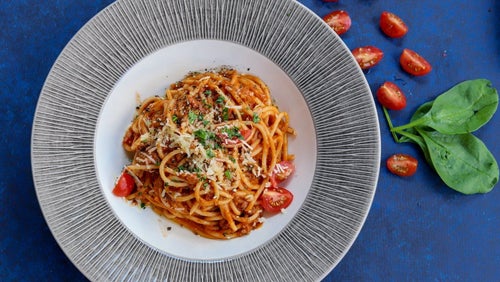
Why Carbs Aren't The Enemy | Different Types of Carbohydrates & Benefits
It's time to make friends with carbs...
Fat
When it comes to fat intake and muscle gain, the data is inconclusive.7 However, low fat diets have been shown to reduce testosterone levels, which may affect the amount of muscle gained.8
There’s also some evidence to suggest that omega-3 supplementation can help boost muscle protein synthesis, as it makes muscle cells more sensitive to amino acids. However, the evidence is a little contradictory. The present view is that, when you’ve consumed enough protein, the effect of omega-3 supplementation on MPS is negligible. However, if you can’t get enough protein in, then omega-3 supplementation may help.9
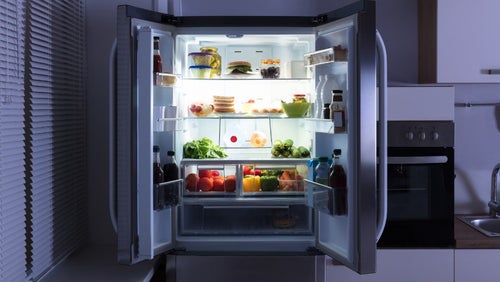
How Much Fat Should You Eat Per Day?
Is it really as bad for you as you think?
24-hour muscle-building supplement guide
Supplements for a Morning Workout
The timing of your workout is an important consideration when thinking about the best supplements for you. If you work out in the morning before eating, a pre-workout supplement can help give you an energy boost to get going and get the most out of your workout, even though you haven’t eaten yet.
Pre-workout not only provides natural energy from creatine, it also has other ingredients to boost power and limit fatigue. Take pre-workout about 30 minutes before you start your training session.
Supplements with your Breakfast
What should you do immediately after a morning workout? Refuel and hydrate. Especially if you didn’t have breakfast first, it’s important to get a high-quality meal and include some protein. Whether you choose an omelette or something lighter, try to incorporate between 20 and 40 grams of protein.19
If you’re on the go, a smoothie made with Impact Whey Protein is a great choice — blended with some fruit and a source of healthy fat (avocado, Almond Butter, or Peanut Butter), it can be a complete meal.
Taking a Daily Multivitamin with breakfast is another good practice. We all know we should eat a balanced diet of fruits, vegetables, protein, whole grains and healthy fats, but with our busy schedules it isn’t always that easy. Keeping a routine of a multivitamin with your breakfast can make up for anything that’s lacking in your diet throughout the day.
Based on your age and activity level, other vitamins might be useful too. Many people benefit from a Vitamin D supplement, especially if you aren’t regularly getting sun exposure — which can be especially hard through the grizzly winter months. Vitamin D is also associated with improved muscle performance and balance, so you can smash that deadlift PB.20
Another supplement to consider is a daily dose of Omega-3. The benefits of these healthy fats range from heart to brain health. Known for their anti-inflammatory effects, omega-3 fatty acids also have the potential to decrease muscle soreness and improve muscle building.21
Supplements for Lunch and the Afternoon
Keep drinking water throughout the day to stay well hydrated and make sure your lunch and snacks have some protein content to continue your post workout recovery. Focus on including veggies with each meal and snack to add volume to your meals. When you want a treat, you could swap out your usual chocolate or crisps for a crispy layered bar or another protein-packed snack, such as our Protein Crisp.
If you work out after lunch, but more than an hour before dinner, make sure you refuel with a post-workout shake or high-protein snack. Impact Whey Isolate is an easy choice for your shake, and you can boost it with other supplements that help meet your training goals.
For a juicier, more refreshing option, you could also try Clear Whey Protein. Adding Creatine will help increase physical performance during your next workout and keep your muscle stores maximised by replacing any creatine you’ve used during exercise.22
Supplements for Evening Workouts and Before Bed
Getting prepared for an evening workout and don’t want to overdo it on the caffeine? Try Origin Stim-Free. This pre-workout provides all the benefits of other pre-workouts without the caffeine. You’re giving your body the key ingredients to stay energised all the way through your workout but won’t leave you tossing and turning all night.
One of the most efficient ways to help your body recover is to SLEEP — aim for at least 8 hours a night. If you prefer to maximise your muscle recovery overnight, we have just what you need.
Slow-Release Casein is a great option for providing a steadier supply of protein to the muscles while you sleep. Research shows that our muscles need protein for recovery up to 24 hours after our workout is complete, so ending your day with Slow-Release Casein can make you feel sure that you’ve given your body the best ingredients to see results.
Take home message
The best way to achieve muscle growth is with a combination of resistance training, adequate protein intake, plenty of carbohydrates and healthy fats. All of these will aid recovery and help you to keep training at the right intensity to help build that muscle.
Supplements like protein shakes help to get you those nutrients quickly and conveniently to give you the best chance at making sure all your hard work in the gym pays off.
FIND MORE HERE:

The Health Benefits Of Magnesium & The Best Supplements To Take
Nutritionist reveals all.
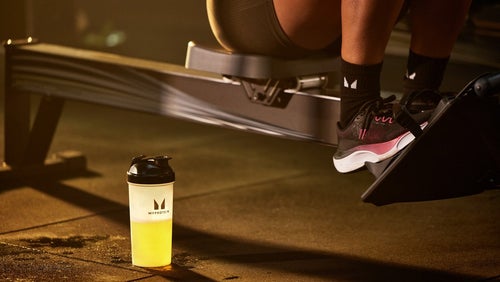
Ultimate Guide To Amino Acids
Nutritionist answers all your amino acids questions.

Claire is a Registered Dietitian through the Academy of Nutrition and Dietetics and a board-certified Health and Wellness Coach through the International Consortium for Health and Wellness Coaching. She has a Bachelor of Science in Biology and a Master’s degree in Clinical Dietetics and Nutrition from the University of Pittsburgh.
Talking and writing about food and fitness is at the heart of Claire’s ethos as she loves to use her experience to help others meet their health and wellness goals.
Claire is also a certified indoor cycling instructor and loves the mental and physical boost she gets from regular runs and yoga classes. When she’s not keeping fit herself, she’s cheering on her hometown’s sports teams in Pittsburgh, or cooking for her family in the kitchen.
Find out more about Claire’s experience here.
- Atherton, P. and Smith, K. (2012). Muscle protein synthesis in response to nutrition and exercise. The Journal of Physiology, 590(5), pp.1049-1057.
- Kerksick, C., Wilborn, C., Roberts, M., Smith-Ryan, A., Kleiner, S., Jäger, R., Collins, R., Cooke, M., Davis, J., Galvan, E., Greenwood, M., Lowery, L., Wildman, R., Antonio, J. and Kreider, R. (2018). ISSN exercise & sports nutrition review update: research & recommendations. Journal of the International Society of Sports Nutrition, 15(1).
- Longland, T., Oikawa, S., Mitchell, C., Devries, M. and Phillips, S. (2016). Higher compared with lower dietary protein during an energy deficit combined with intense exercise promotes greater lean mass gain and fat mass loss: a randomized trial. The American Journal of Clinical Nutrition, 103(3), pp.738-746.
- Berardi JM, Price TB, Noreen EE, Lemon PW: Postexercise muscle glycogen recovery enhanced with a carbohydrate-protein supplement. Med Sci Sports Exerc. 2006, 38(6):1106–13.
- Robergs RA, Pearson DR, Costill DL, et al. Muscle glycogenolysis during different intensities of weight-resistance exercise. J App! Physio! 1991;70:1700-1706.
- O’Reilly KP, Warhol MJ, Fielding RA, et al. Eccentric exer- cise-induced muscle damage impairs muscle glycogen reple- tion. J Appl Physiol 1987; 63 (1): 252-6
- Lambert, C., Frank, L. and Evans, W. (2004). Macronutrient Considerations for the Sport of Bodybuilding. Sports Medicine, 34(5), pp.317-327.
- Hamalainen EK, Adlercreutz H, Puska P, et al. Decrease of serum total and free testosterone during a low-fat high-fibre diet. J Steroid Biochem 1983; 18 (3): 369-70
- Rossato, L., Schoenfeld, B. and de Oliveira, E. (2019). Is there sufficient evidence to supplement omega-3 fatty acids to increase muscle mass and strength in young and older adults?. Clinical Nutrition. In Press.
- Boirie Y, Dangin M, Gachon P, Vasson MP, Maubois JL, Beaufre`re B (1997). Slow and fast dietary proteins differently modulate postprandial protein accretion. Proc Natl Acad Sci 94:14930–14935, 1997.
- Wilkinson DJ, Hossain T, Hill DS, Phillips BE, Crossland H, Williams J,… Atherton PJ. (2013). Effects of leucine and its metabolite B-hydroxy-β-methylbutyrate on human skeletal muscle protein metabolism. J Physiol 2013. 1;591(11):2911-23
- Cintineo, H., Arent, M., Antonio, J. and Arent, S. (2018). Effects of Protein Supplementation on Performance and Recovery in Resistance and Endurance Training. Frontiers in Nutrition, 5.
- Tang JE, Moore DR, Kujbida GW, Tarnopolsky MA, Phillips SM. (2009). Ingestion of whey hydrolysate, casein, or soy protein isolate: effects on mixed muscle protein synthesis at rest and following resistance exercise in young men. J Appl Physiol Sep;107(3):987-92.
- Trommelen, J. and van Loon, L. (2016). Pre-Sleep Protein Ingestion to Improve the Skeletal Muscle Adaptive Response to Exercise Training. Nutrients, 8(12), p.763.
- Paul LG. (2009). The Rationale for Consuming Protein Blends in Sports Nutrition. The Journal of the American College of Nutrition. 28:sup4 464S-472S.
- Kerksick CM, Rasmussen CJ, Lancaster SL, Magu B, Smith P, Melton C,… Kreider RB. (2006). The effects of protein and amino acid supplementation on performance and training adaptations during ten weeks of resistance training. J Strength Cond Res. Aug;20(3):643-53.
- Buford TW, Kreider RB, Stout JR, Greenwood M, Campbell B, Spano M… Antonio J (2007). International Society of Sports Nutrition position stand: creatine supplementation and exercise. Journal of the International Society of Sports Nutrition. 4:6.
- Churchward-Venne TA1, Breen L, Di Donato DM, Hector AJ, Mitchell CJ, Moore DR, Stellingwerff T, Phillips SM. (2013) Leucine supplementation of a low-protein mixed macronutrient beverage enhances myofibrillar protein synthesis in young men: a double blind, randomized trial. Am J Clin Nutr. 2014 99(2):276-86
- Kerksick, C. M., Arent, S., Schoenfeld, B. J., Stout, J. R., Campbell, B., Wilborn, C. D., … & Willoughby, D. (2017). International society of sports nutrition position stand: nutrient timing. Journal of the International Society of Sports Nutrition, 14(1), 1-21.
- Uusi-Rasi, K., Patil, R., & Lamberg-Allardt, C. (2016). Vitamin D, Exercise, and Health. InNutritional Influences on Bone Health( 227-240). Springer, Cham.
- Gammone, M. A., Riccioni, G., Parrinello, G., & D’Orazio, N. (2019). Omega-3 polyunsaturated fatty acids: benefits and endpoints in sport. Nutrients, 11(1), 46.
- Buford, T. W., Kreider, R. B., Stout, J. R., Greenwood, M., Campbell, B., Spano, M., … & Antonio, J. (2007). International Society of Sports Nutrition position stand: creatine supplementation and exercise. Journal of the International Society of Sports Nutrition, 4(1), 6.

